Mastering product knowledge is crucial for successful sales. Sales representatives need a deep understanding of the products and their features to effectively engage with customers. When customers sense that their salesperson is well-informed, they’re more likely to trust the information and be receptive to the pitch. Additionally, having solid product knowledge helps ensure that conversations with customers are smooth and productive.
This survey indicates that 89% of customers become frustrated when questions about a product are repeated to multiple representatives. The different facets of product training can alleviate frustration for both sales managers and customers. Effective training programs will focus on product knowledge, include ways to discern the challenges faced by clients and prospects, and develop an ability to map solutions to challenges during a conversation.
Source: http://go2.experticity.com/
Here are some of the significant gains from superior product knowledge in sales
1. Product Knowledge Builds Confidence
Sales personnel must have comprehensive and fluent knowledge of the products and services they offer. Effective product knowledge training equips your sales associates with the essential skills and insights needed to convey information clearly and persuasively during customer interactions. This expertise enables them to address challenging questions and concerns with confidence. By investing in thorough product training, you empower your sales team to surpass customer expectations and manage sales conversations with proficiency. Demonstrating exceptional product knowledge not only enhances customer confidence but also fosters product adoption and brand loyalty. Ensure your sales teams are expertly trained to excel in their domain.
2. Product Knowledge to Counter Customer Objections
Objections that are raised by customers are usually unanswered questions. Often, objections that are managed correctly can pave the way for a successful sale. Competent and accurate product knowledge allows salespeople to easily counter objections. Refresher training helps ensure that your sales team has the latest information about a product or service. Diverse learning mediums like game-based learning or scenario-based learning can provide a platform to practice real-life situations without risking failure.
3. Product Knowledge Helps Understand Competition Better
Thorough product knowledge not only informs sales personnel about their offerings but also provides valuable insights into the competitive landscape. When sales representatives are well-versed in their product’s features, benefits, and differentiators, they can more effectively compare these attributes to those of competitors’ products. This deeper understanding allows them to highlight unique selling points and address potential objections related to competitive alternatives. Additionally, being informed about competitors’ strengths and weaknesses enables sales teams to craft more compelling arguments and strategically position their products to better meet customer needs. Ultimately, this knowledge empowers sales professionals to stay ahead of the competition and enhance their overall sales effectiveness.
4. Product Knowledge Builds Trust with Customers
Possessing in-depth product knowledge significantly enhances the ability of sales personnel to build trust with customers. When representatives demonstrate a thorough understanding of their product’s features, benefits, and applications, they project confidence and credibility. This expertise reassures customers that they are receiving accurate and reliable information, which fosters a sense of trust and reliability. Furthermore, when sales associates can answer questions, address concerns, and provide detailed explanations, they create a more engaging and supportive customer experience. This foundation of trust not only improves the likelihood of a sale but also encourages long-term customer relationships and loyalty.
5. Product Knowledge to Stay Current and Relevant
In a survey, the Sales Management Association found that 8 out of 10 companies have introduced a new product or service in the past year. The survey also found that 70% of businesses pursued new markets or verticals, and 61% made significant changes to their key value proposition. Today’s businesses evolve rapidly to keep up with the changing market. Product training helps give sales representatives the tools, resources, and knowledge to stay abreast of the latest developments.
6. Product Knowledge to Create the Ideal Customer Experience
Product knowledge training ensures a seamless transition from a prospective customer to a loyal customer. This is why improving customer experiences is an important corporate strategy. There is no doubt that companies that create exceptional customer experiences can set themselves apart from their competitors. This is exemplified by real-world examples such as Amazon, Inc., which prides itself on putting the customer first. Customer onboarding experiences can be improved through product training.
By creating an effective and scalable product knowledge training program, you can ensure that your sales teams have the right tools to become well-rounded ambassadors for the organization while also consistently achieving sales targets. It is a direct investment in enhancing the skills of sales teams.
Here is a case study from a leading skincare and makeup brand that deployed learning games for product sales training. ELB Learning created and delivered a gamified learning management system to educate and immerse sales associates.
Looking to create your own success story? This is where ELB Learning can help. Together, we can help you drive behavioral change. With immersive training experiences, you can help your employees develop conditioned responses, problem-solving skills, and muscle memory—even before they’re on the job.




_Blog%20Featured%20Image%20800x500.png?width=388&name=Recap%209-4-25%20Why%20You%20Should%20Train%20Sales%20Leaders%20Like%20Cats%20(Not%20Dogs)_Blog%20Featured%20Image%20800x500.png)



